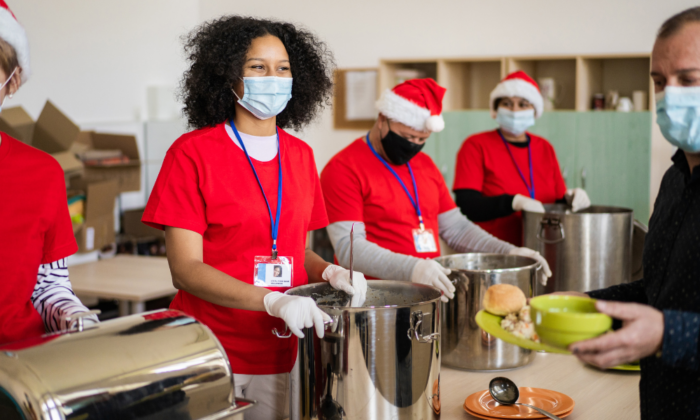How to look after your mental health during the holidays
The holiday season can be an emotional time for individuals and families. People report that their mental health typically worsens during this time of the year. Therefore, it’s important to manage factors that could cause you stress and find ways to improve your wellbeing.
Factors that contribute to poor mental wellbeing
Several factors can contribute to problematic mental health concerns during the holiday season and it’s important to understand what triggers those concerns so that you can reduce your exposure to them.
- Family conflict – It’s not uncommon for arguments and disagreements to arise between family members during the holiday season. If family conflict is likely to cause you distress, measures can be taken to avoid this, including; setting boundaries, asking respectful questions to understand another person’s point of view, taking regular breaks and not drinking – especially if fights are typically fuelled by alcohol.
- Commercialisation – Often, people get caught up in the over-commercialisation of Christmas and the New Year and lose sense of what the period is about. Instead of focusing on the monetary impact, take the time to enjoy moments spent with loved ones.
- People-pleasing – If you’re someone who spends too much time accommodating the needs of others, it’s important that you learn to be assertive and put your own needs first. This habit can be curbed by setting healthy boundaries and allocating time to yourself.
- Financial concerns – One of the most important things to remember during the holiday season is to live below your means. It’s not necessary to spend more than you can afford to on gifts, decorations and holidays. By budgeting, you can significantly reduce financial stress.
- Exhaustion – People tend to feel more exhausted at the end of the year. So, make sure to set some time for yourself by relaxing and focussing on your own wellbeing so that you can start the New Year the right way.
- Breaking healthy habits – It’s normal for people to break healthy habits over the holiday period. It’s a time of year to enjoy the things that make us happy.
- Grief – If you’re missing someone who’s no longer with you, remember that it’s okay to feel emotional. To overcome feelings of grief, you could take the time to honour their memory.
- Being away from friends and family – One of the biggest factors that can contribute to poor mental wellbeing during the holiday season is loneliness. There are several ways to overcome this, including; connecting with loved ones (even if you’re separated by distance), volunteering, attending community events and making plans. Anglicare Southern Queensland encourages the community to get involved by volunteering and spending time with the aged, who often don’t have a lot of family visit them at Christmas. Learn more about our volunteering opportunities, here.

Mental wellness tips and self-care
In the lead up to Christmas, we spoke with some of our counsellors to understand what their favourite tips are for people and families who want to improve their mental wellbeing and start their New Year on a positive note. Here’s what they shared:
- Go to a local community or church Christmas show
- Cook or bake some of your favourite holiday foods
- Put up decorations and get creative
- Watch your alcohol intake
- Perform acts of kindness (I.e., cook for an elderly neighbour, donate to homelessness and animal shelters or call a friend you haven’t spoken to in a while)
- Practice gratitude
- Avoid known triggers
- Be realistic and set realistic goals
- Plan ahead
- Take time for yourself
- Turn off your phone and devices for less interruptions
- Share the load so that you don’t end up doing everything
- Talk to a friend or someone you trust about how you feel
- Spend time with friends who may also be spending time away from their family over the holidays
- Only focus on the things that are in your control.
Above all else, the most important thing to remember is that it’s okay to seek help or someone to talk to. You aren’t alone and there is always someone available to talk to.
If you require emergency support, please call 000 or Lifeline on 13 11 14. Lifeline is a free crisis and emergency support service that’s available 24/7.
Alternatively, if you require less urgent assistance, you may wish to seek assistance from a GP, who can point you in the direction of professional mental health services and provide you with access to referral partners.
Anglicare Southern Queensland provides a variety of social services to individuals, couples, children, young people and families who are experiencing challenging and vulnerable times. Our services include counselling services, services for family and wellbeing, children and parenting programs, youth support and homelessness and housing services. To learn more about these services, visit our ‘Social and Community Services’ page.









